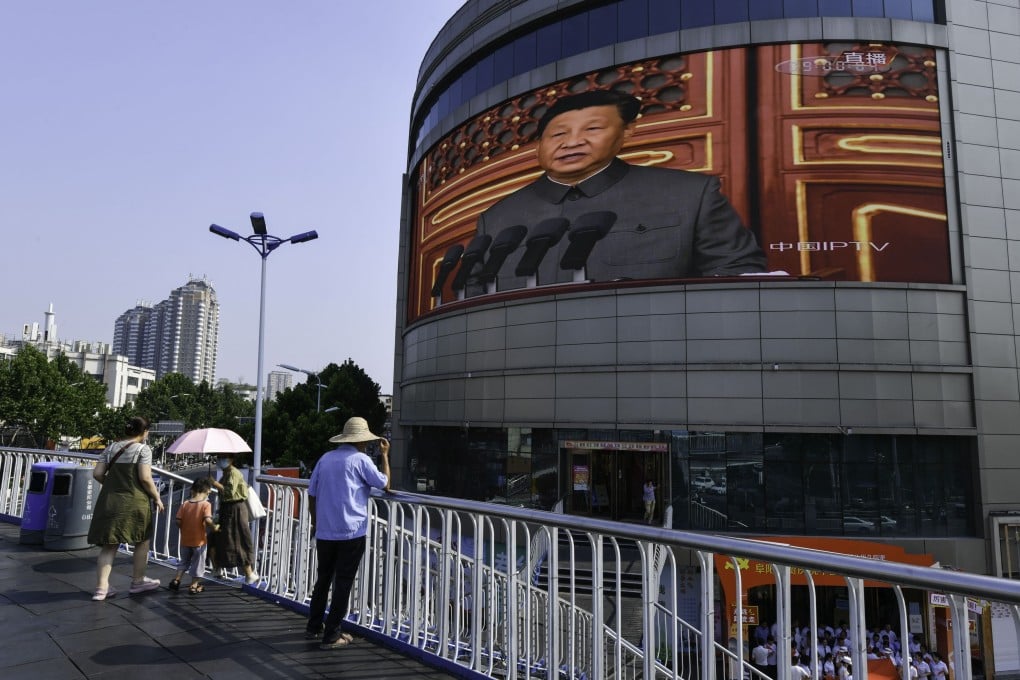China’s ‘common prosperity’ goal to evenly distribute wealth as Xi Jinping sets out stall for development
- President Xi Jinping chaired a meeting of the Communist Party’s Central Committee for Financial and Economic Affairs on Tuesday
- Common prosperity is central to promoting well-being as China strives to achieve its second centenary goal of fully building a modern socialist country

China must now gear towards a system that more fairly looks after those who are not yet wealthy after the early development of the national economy lifted the country out of poverty and created millionaires, President Xi Jinping said, laying out his plans by defining “common prosperity” for the first time.
At a key economic leadership meeting on Tuesday, Chinese leaders agreed China must pursue a goal of so-called common prosperity where people share in the opportunity to be wealthy as the main objective for the next stage of its development, while stressing the need for an airtight economy which allows for that smoothing out of wealth.
We can allow some people to get rich first and then guide and help others to get rich together
“We can allow some people to get rich first and then guide and help others to get rich together,” notes released by the Communist Party’s Central Committee for Financial and Economic Affairs meeting chaired by Xi said.
“We can support wealthy entrepreneurs who work hard, operate legally, and have taken risks to start businesses … but we must also do our best to establish a ‘scientific’ public policy system that allows for fairer income distribution.
“At the same time, [the government] should protect and improve livelihoods based on healthy economic development with a focus on strengthening a universal and inclusive security scheme.”
The timing of the speech drew interest among China-watchers both because it was made after Chinese leaders emerged from a two-week disappearance from public view allegedly to convene at the seaside retreat of Beidaihe and that it was formally discussed as a policy for the first time having been discussed loosely in the past.